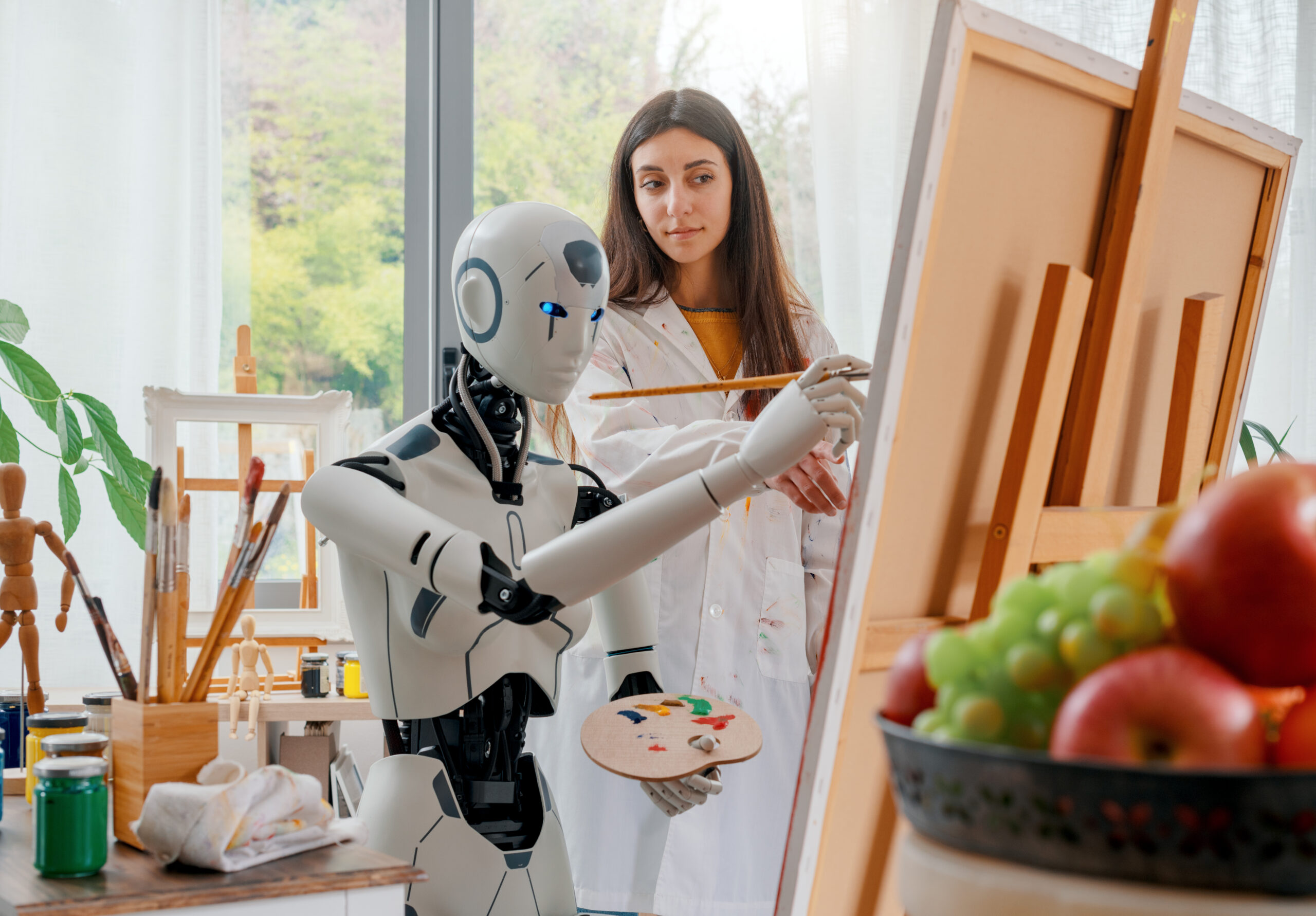In new guidance published by the US Patent and Trademark Office (USPTO), the age-old question of “Can AI invent?” has been met with a clear stance: AI cannot hold patents. This position delineates the boundaries of inventorship in an era increasingly dominated by artificial intelligence, emphasizing that the laurels of innovation are reserved for human intellect.
“Pursuant to the “Executive Order on the Safe, Secure, and Trustworthy Development and Use of Artificial Intelligence” (October 30, 2023), the United States Patent and Trademark Office (USPTO or Office) is issuing inventorship guidance for inventions assisted by artificial intelligence (AI). The guidance provides clarity for USPTO stakeholders and personnel, including the Central Reexamination Unit and the Patent Trial and Appeal Board (PTAB or Board), on how the USPTO will analyze inventorship issues as AI systems, including generative AI, play a greater role in the innovation process. This guidance explains that while AI-assisted inventions are not categorically unpatentable, the inventorship analysis should focus on human contributions, as patents function to incentivize and reward human ingenuity. Patent protection may be sought for inventions for which a natural person provided a significant contribution to the invention, and the guidance provides procedures for determining the same. Finally, the guidance discusses the impact these procedures have on other aspects of patent practice. The USPTO is seeking public comments on this inventorship guidance for AI-assisted inventions.”
USPTO, February 13 2024
The Saga of AI Patents: The Case of Stephen Thaler
At the heart of the debate is Stephen Thaler, who challenged the conventional norms of inventorship by submitting patent applications for creations he attributed to an AI named DABUS. While these applications were rebuffed in the US and EU, South Africa’s acknowledgment of DABUS as an inventor marked a significant divergence, spotlighting the global inconsistency in AI patents and igniting discussions on the need for a unified legal framework.
The Role of AI in Innovation: Beyond Human Contribution
The USPTO’s guidance underscores a critical query: if AI’s role in the inventive process is to be purely assistive, what future awaits AI technologies designed for autonomous creativity? This guidance, while clarifying, also propels us to ponder the evolving dynamics of invention in the digital age and the potential need for legal systems to adapt to the realities of AI-driven innovation.
Generative AI and Intellectual Property: A New Frontier
The emergence of generative AI, from linguistic models like ChatGPT to artistic tools like DALL-E, has revolutionized content creation, blurring the lines between human and machine creativity. This revolution poses fresh challenges for intellectual property rights, necessitating a nuanced approach to copyright in the realm of AI-generated content.
The Future of AI and Inventorship: A Call for Evolution
The current stance of the USPTO does not close the door on the future recognition of AI as inventors. As AI continues to evolve and stake its claim in the creative process, the legal and technological communities are called upon to forge a framework that embraces the unique capabilities of AI while safeguarding human ingenuity.
In the unfolding narrative of AI and inventorship, we stand at a crossroads, beckoned to reimagine the essence of innovation in a world where machines can dream up the unimaginable. The journey ahead promises to redefine the paradigms of creativity, urging us to envision a future where AI and human intellect coalesce in the pursuit of groundbreaking inventions.

